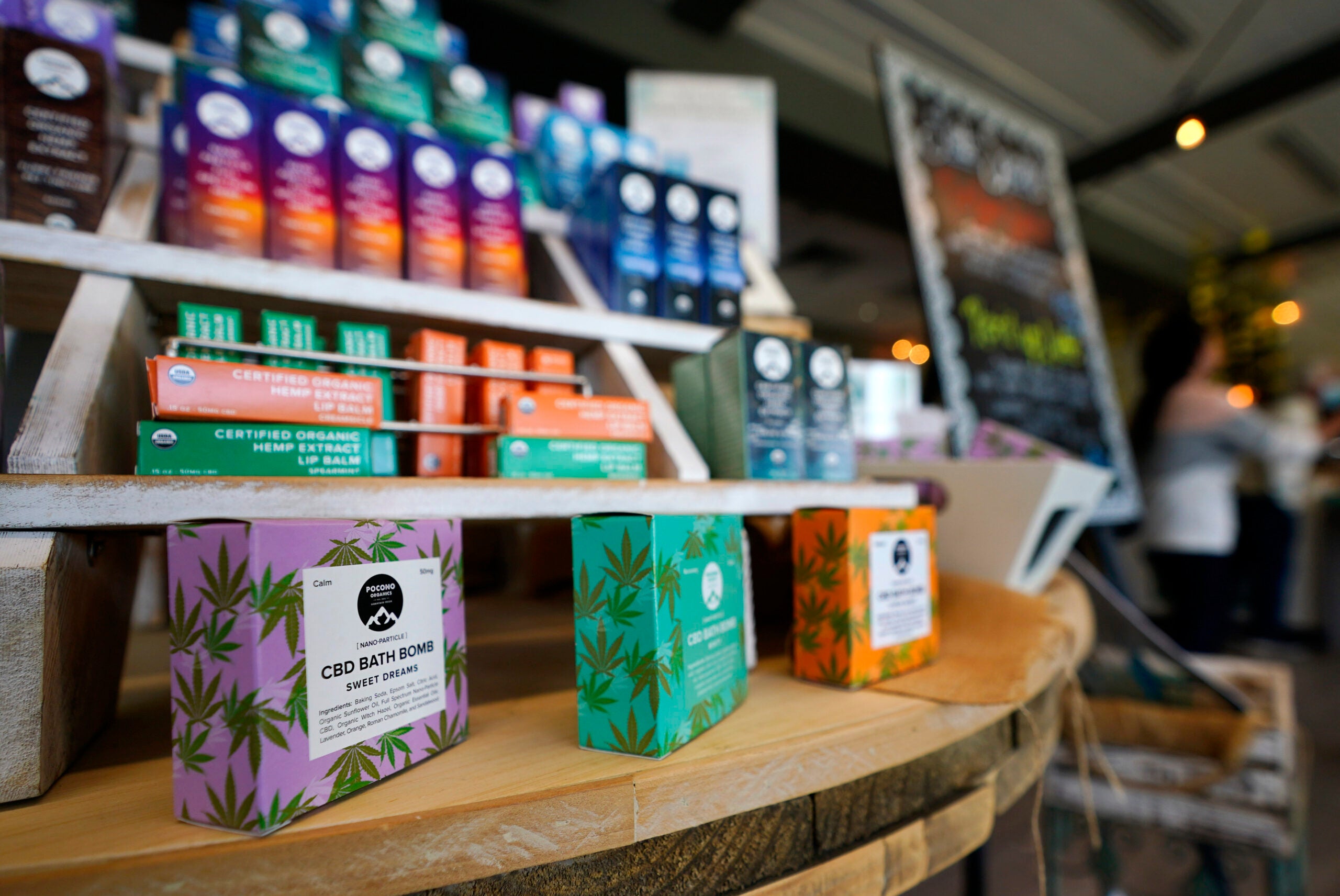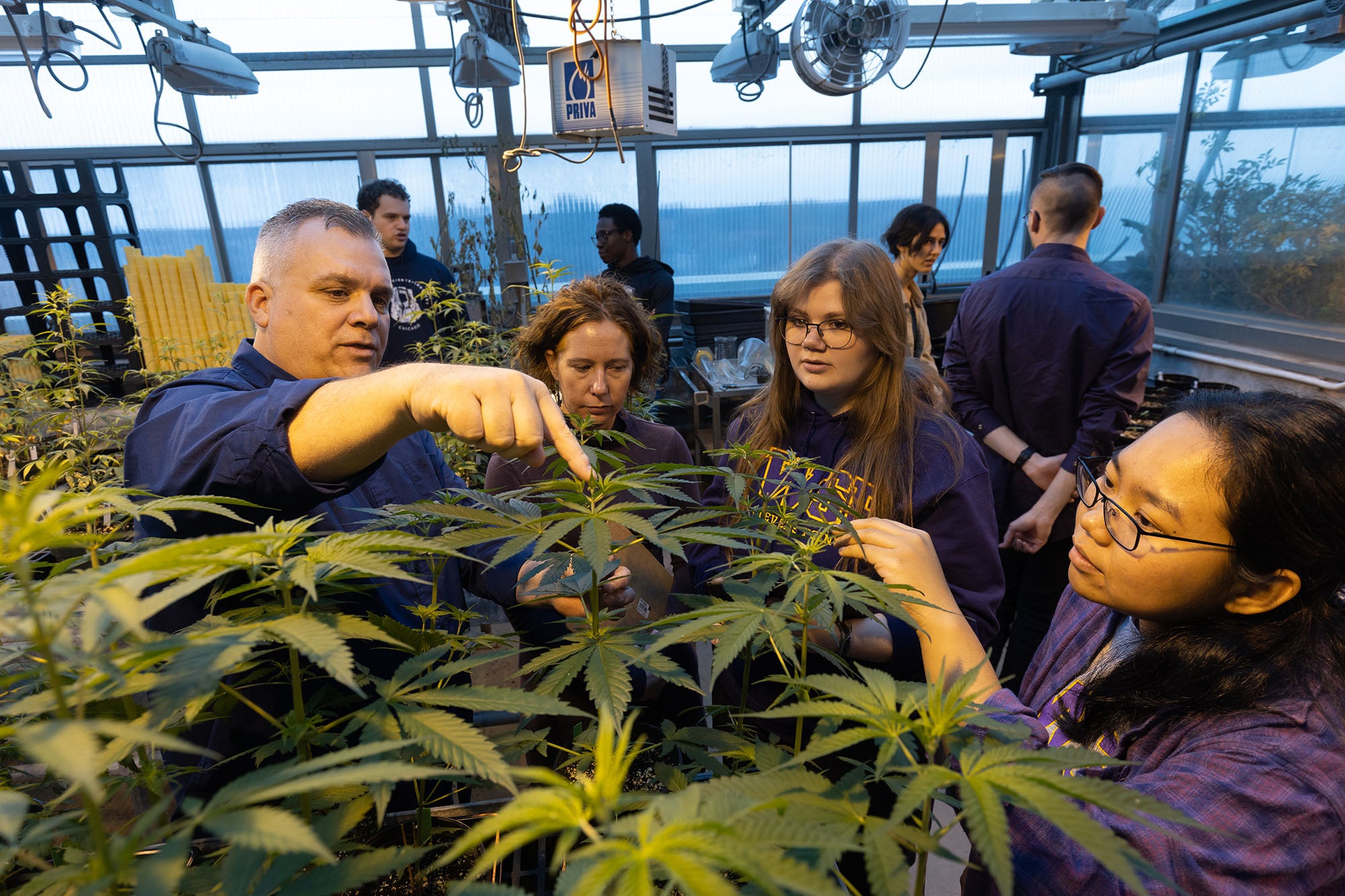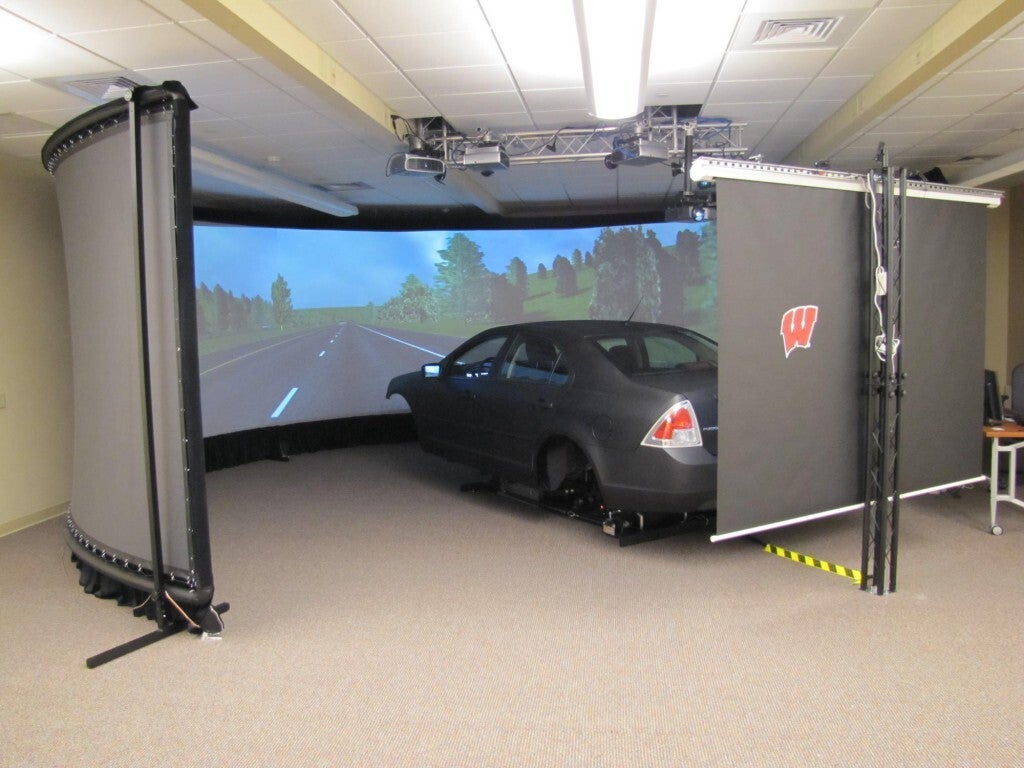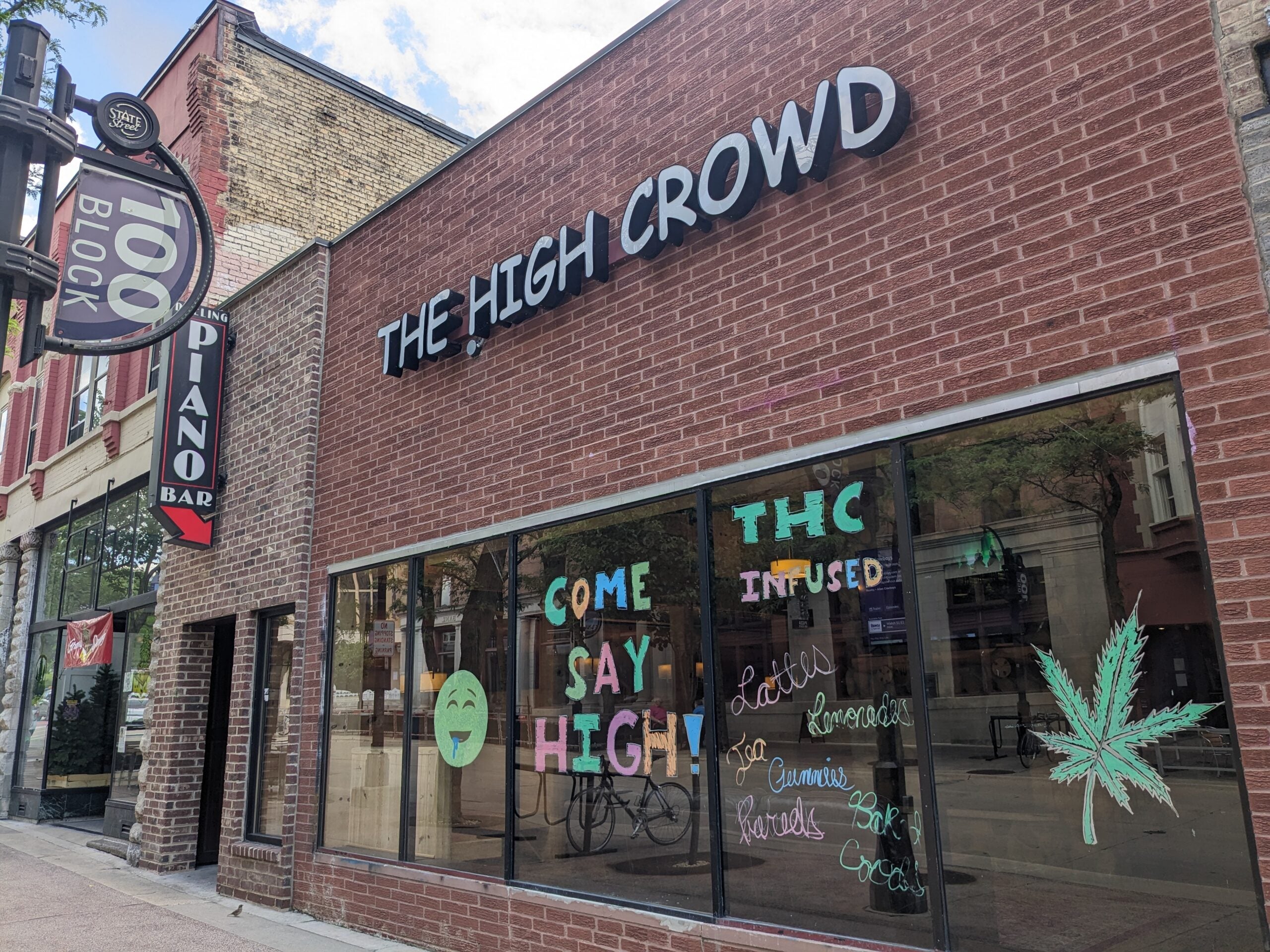A University of Wisconsin-Madison study finds many cannabidiol, or CBD, products sold in southwestern Wisconsin don’t deliver what they promise on the label. One of the study’s authors says a lack of regulation and oversight is to blame.
The study was published in the medical journal Epilepsy & Behavior earlier this year. It analyzed 39 CBD products, ranging from oils to beverages to chocolate bars.
The results found only six products were accurately labeled, meaning they contained anywhere between 90 and 110 percent of the levels of CBD indicated on the label. Many more products didn’t specify levels at all, and some products even had detectable levels of THC, the main psychoactive compound of cannabis.
Stay informed on the latest news
Sign up for WPR’s email newsletter.
Barry Gidal, a professor of pharmacy and neurology with UW-Madison’s School of Pharmacy, is the study’s senior author.
“I am not anti-cannabis, I’m not anti-CBD,” Gidal said. “I really think the medical community and patients would greatly benefit if there was some sort of approval process and oversight and regulation, because it would help us make sure that the products that are being used out there at least have what they’re supposed to have.”
Wisconsin businesses have been able to sell CBD since 2017, under an industrial hemp pilot program. CBD and other hemp-derived substances have been legal at the federal level since the 2018 Farm Bill became law, but the guidance around how CBD can be labeled and sold is limited. The U.S. Food and Drug Administration has sent warning letters to certain companies that have marketed unapproved CBD drugs for therapeutic use or treatment of diseases.
“I guess the bottom line we’re reinforcing is: Buyer beware,” Gidal said. “Just because they’ve got a label printed on them, may not necessarily have what they think they have.”
Only one cannabis-derived medication has been approved by the FDA, which Gidal said means it’s gone through a development and quality assurance process. Epidiolex, which is used to treat seizures related to certain epilepsy syndromes, has a purified form of CBD.
“My concern is a lot of these other products, these over-the-counter type products, are kind of playing off of that,” Gidal said. “They’re saying, ‘Well, look, there’s an FDA approved drug, we’re the same thing.’ Not really.”
Tim Murphy owned the Viroqua-based CBD shop Kickapoo Kind, which shuttered at the end of last year owing to dwindling sales of CBD products during the pandemic.
Murphy said there’s been a proliferation of brands since 2018.
“Across the nation, there was about 50 brands,” Murphy said. “Now, I mean, there are 50 brands in my county right now.”
Murphy said that’s caused headaches for retailers.
“You just saw a saturation of products,” Murphy said. “Some good, some bad, some legitimate products, some basically snake oil products out there also.”
It’s a “gold rush” of CBD products, Murphy said.
“You’re gonna see a lot of people that just jumped on board to get their product out there to make a buck,” Murphy said.
Ultimately, the burden of research falls on the consumer, Murphy said.
“If you can’t go to a website and see a current test for the bottle of CBD you’re taking, you probably shouldn’t take it,” Murphy said. “It should be very, very transparent for the consumer.”
Gidal said in many cases, people who use CBD products to self-medicate aren’t talking with their doctors about it, echoing the concerns voiced by a Mayo Clinic doctor in 2019. Gidal said not only is there uncertainty around what a safe dosage would be, there’s also the potential for interactions with the other drugs people use.
“Treat this like another drug,” Gidal said. “Talk to your doctor and pharmacist and make sure that you know what you’re getting and that somebody else, a medical professional, is kind of looking out for you.”
Wisconsin transitioned this year from state to federal regulation of hemp. Statistics last year found applications for hemp growing and processing decreased significantly from 2020. Meanwhile, Delta 8 THC products continue to be legal to sell in much of the state because of a legal loophole.
Wisconsin Public Radio, © Copyright 2025, Board of Regents of the University of Wisconsin System and Wisconsin Educational Communications Board.





